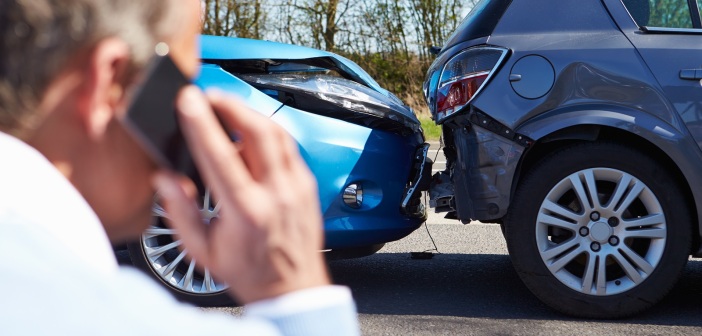When you’re involved in a car accident, you’re suddenly thrust into a legal situation that you never really wanted to be in. That’s why you want to protect your rights as soon as the crash happens. Here are three essential things you need to do after an accident to protect those rights.
Call 911
When speaking with the 911 operator, advise that you want both police and paramedics at the scene. Police will investigate the accident and take necessary notes to complete their accident report with. They’ll also get statements from both drivers and any witnesses as to how the accident occurred. Any admissions of fault in those statements are admissible in an injury claim. The officer’s own observations will be contained in the accident too, and he or she will use those sometime in the future to refresh their recollection about the events.
Get examined at the scene by paramedics
This is a particularly important step for any claims involving personal injury. Paramedics will inquire as to your general condition at the scene and note it in their medical records. They’ll document any objective signs of injuries like scrapes, bruises, or bleeding. They’ll also document what you tell them about where you’re experiencing pain. That’s the first medical record of a solid personal injury case. When the paramedics have completed their examination and treatment, they might advise you to be transported to the nearest emergency room to be examined further. Emergency room doctors will perform other exams and possibly even admit you to the hospital. The emergency room and hospital records provide further necessary documentation of your injuries. “Never delay in treatment or miss doctor appointments because insurance companies use gaps in treatment against you,” said Johnson, Scruggs, & Barfield.
Cooperate with your insurance company
Your automobile insurance policy is a contract, and one of your duties under that contract is to cooperate with your insurer. Your insurer might want a recorded or written statement from you. Give it, but don’t give the opposing insurer a statement about your medical condition or how the accident happened. It’s not unusual for an opposing insurer to phone a person injured in an accident and ask for a statement. Don’t give it. The law doesn’t require you to. Questions will be framed to protect the insurer’s interests. They’ll only use your answers against you in the future. There’s a time and place to give the opposing insurer a statement, and that’s with your attorney being present. Your attorney will tell you when and where that will occur, and he or she will prepare you for that.
Once an impact occurs in an accident, insurance companies get involved, and legal issues arise. You’re not going to be able to get your attorney to the scene, so you’ll need to start protecting your legal rights then and there. Documenting the occurrence and any injuries with police, paramedics and medical personnel is essential for anybody claiming injuries from a motor vehicle accident.




